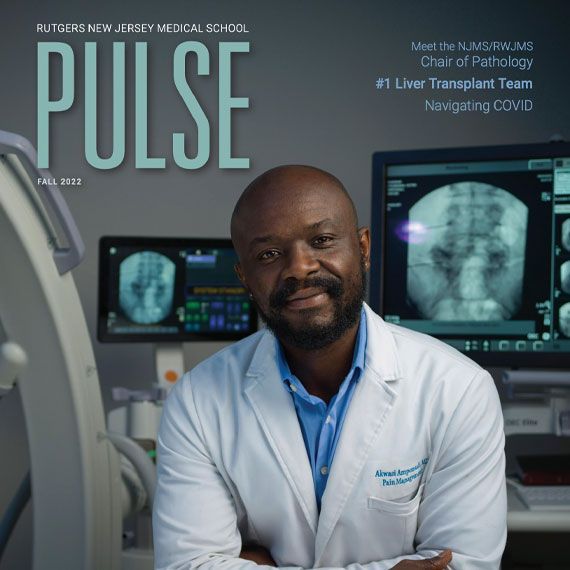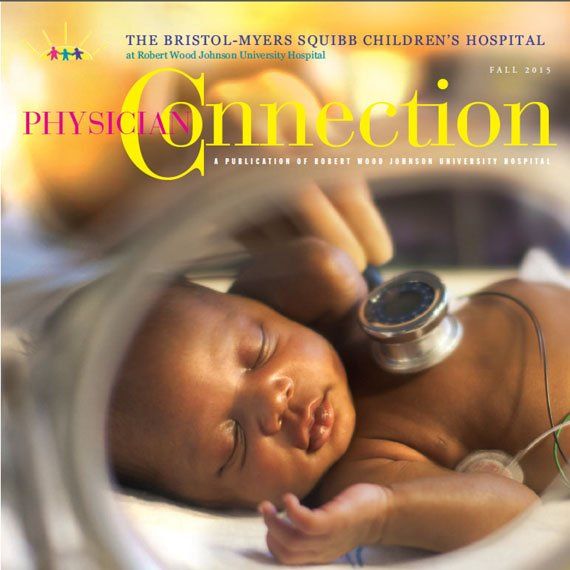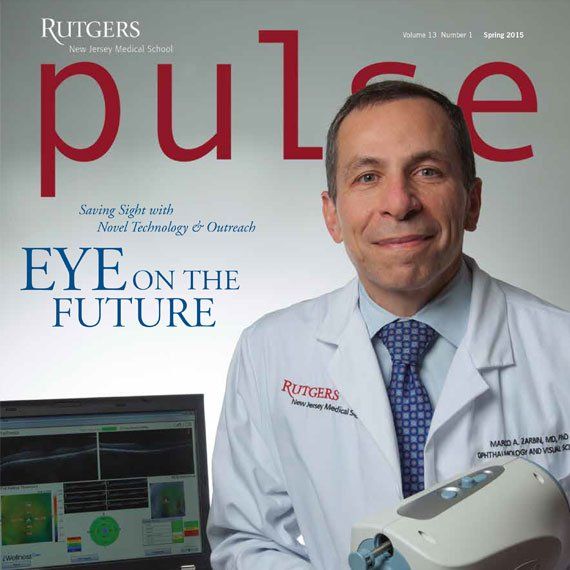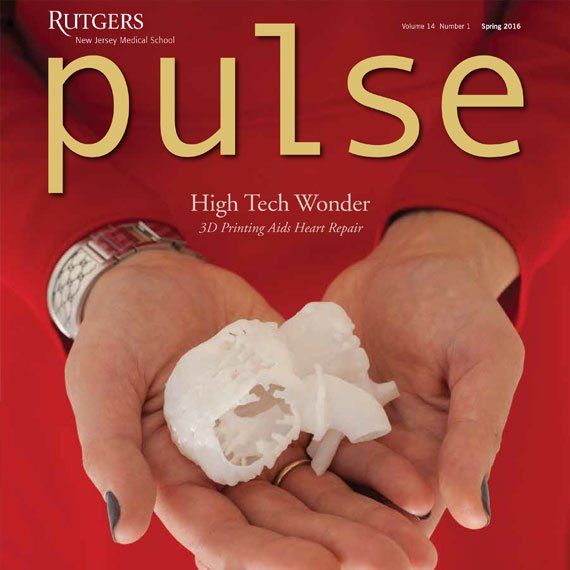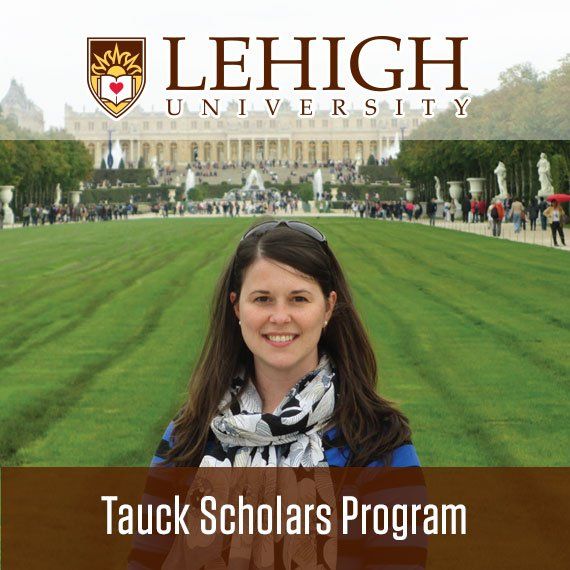Intuitive Genius
Finn turned 4 in February and his language skills continue to amaze us. He talks non-stop to anyone and everyone he meets, linking complex, compound thoughts with ease, and speaking in long paragraphs with assurance. And because he hasn’t yet acquired the ability to write anything down for memory’s sake, he keeps it all right there in his own memory bank. Wish I could still do that! The other day he had concerns about “gravitational pull.” Where did that idea come from? Ask him about termites or sharks or a creature he may have met courtesy of the Wild Krats, a popular nature show, and he can reel off everything you may not really want to know about it. Another favorite TV escape last winter for Finn was “How Things Are Made,” which is not designed for preschoolers at all.
The National Association for Gifted Children and the American Association of Gifted Children at Duke University say Finn’s language skills and interests are common traits seen in gifted children . This is all very nice, of course, but as a grandmother what excites me even more than his powerful word acquisition and passion for learning are his social skills and what psycholinguists refer to as “performance,” or how people use the language they acquire. In case you were wondering, a psycholinguist is a cross between a psychologist and a linguist. This is a field of study that has “grown enormously,” according to Jamal Azmi Salim and Momammad Mehawesh at Zarqa University in Jordan writing in the Canadian publication English Language and Literature Studies in November 2014.
Though I’m not a psycholinguist, I have seen Finn give command “performances” navigating social situations. From reassuring me about a perceived slight he overheard, to talking his little sister Charlotte to sleep, he demonstrates jaw-dropping abilities to negotiate all sorts of adult-size conversations. And this kind of intuitive and compassionate ability to use words goes far beyond simply counting the number of words in his vocabulary or testing his IQ.












